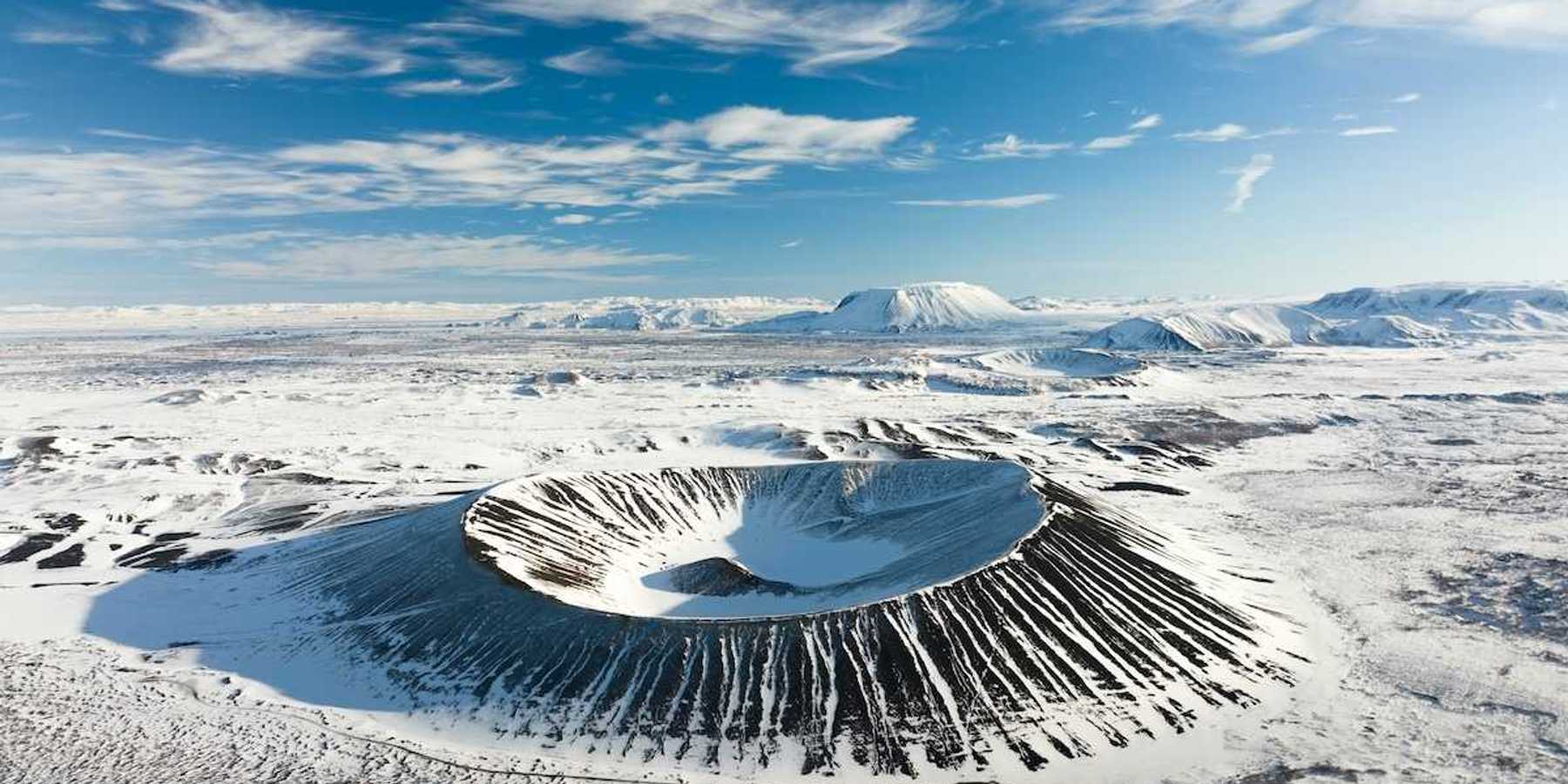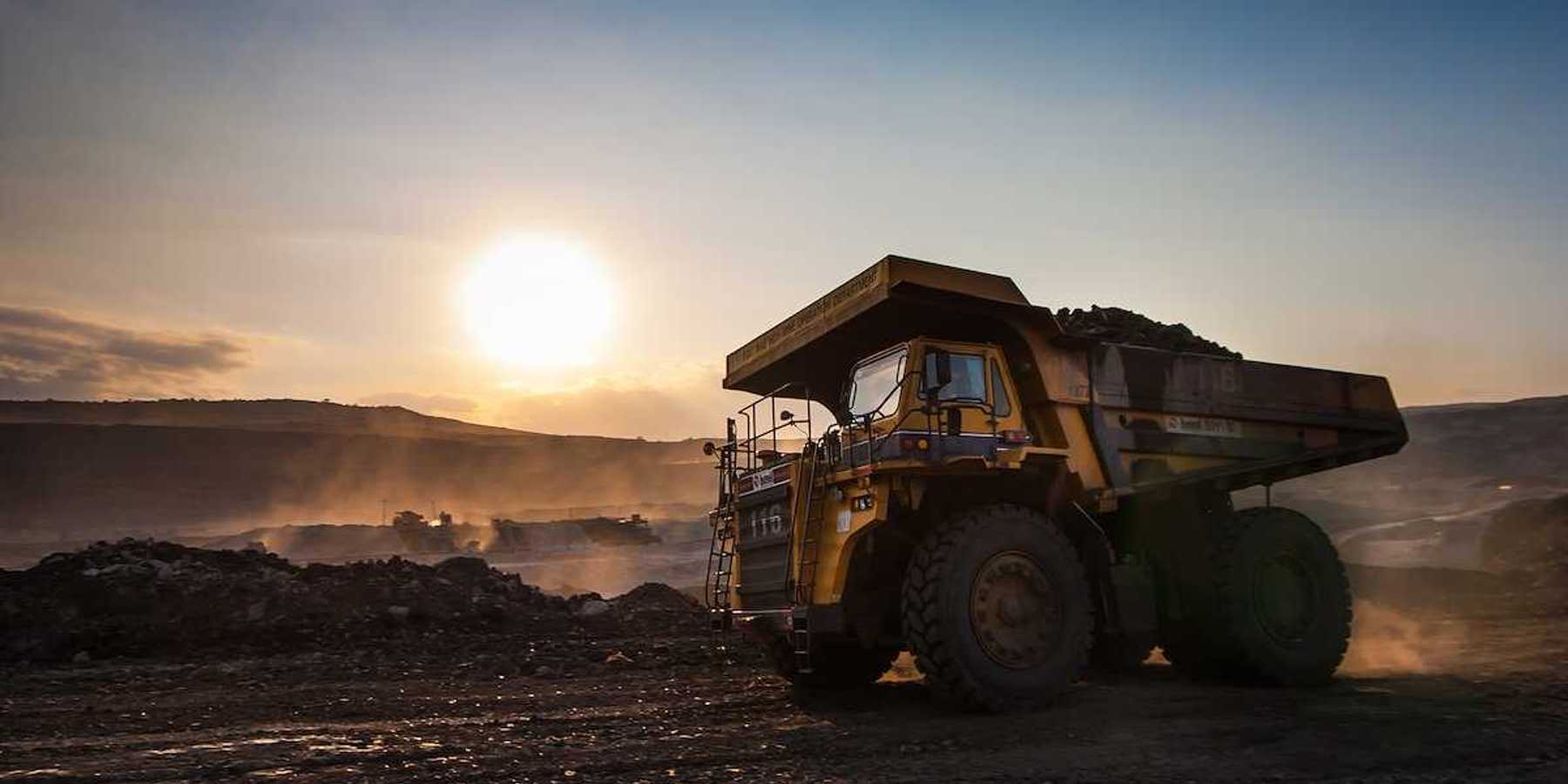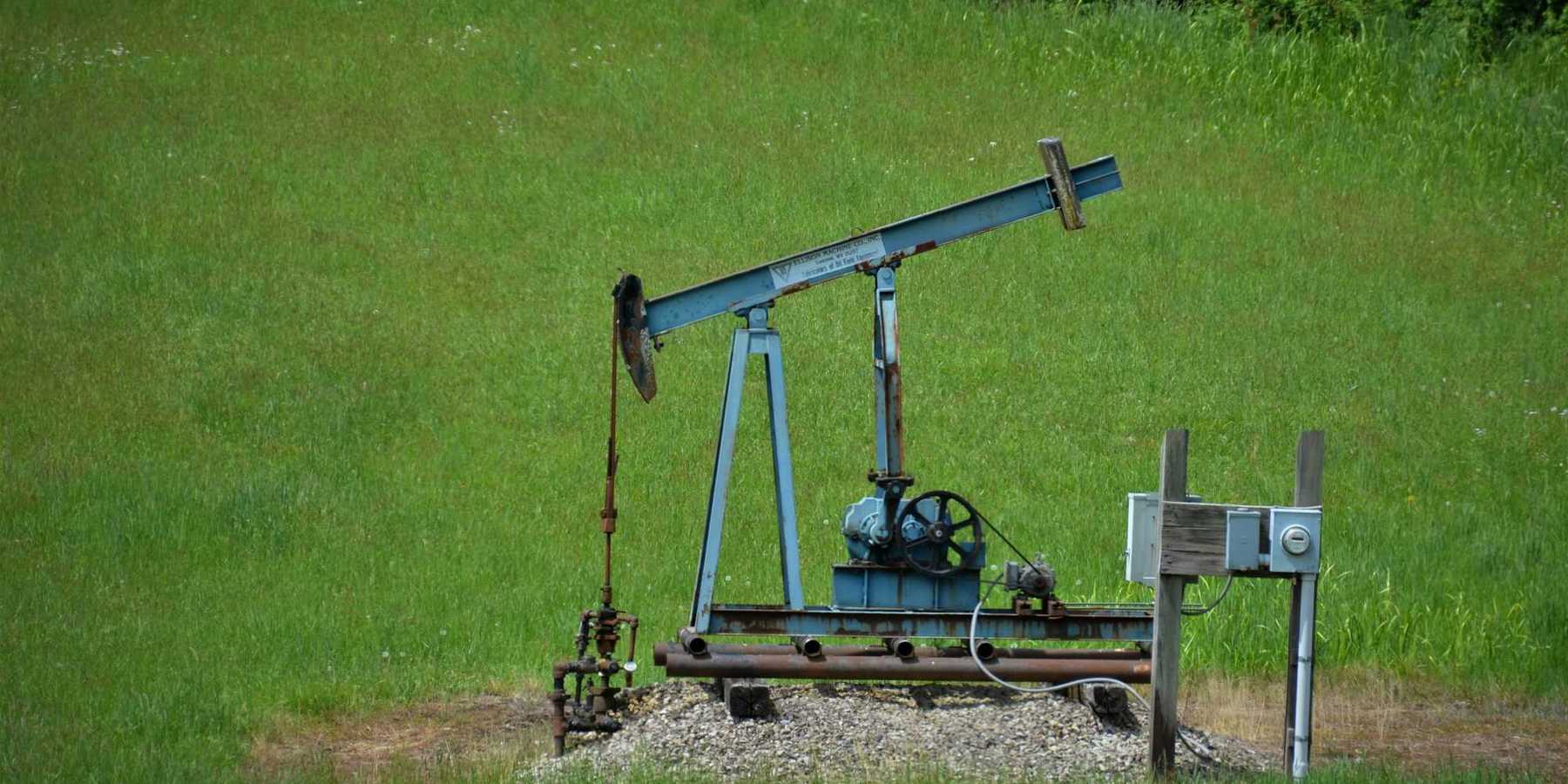Ohio enforces stricter measures on oil and gas drilling rights on private properties
Ohio sees a surge in forced land use for oil and gas extraction despite property owners' resistance.
Kathiann M. Kowalski reports for Energy News Network.
In short:
- Ohio has increased the number of unitization orders, allowing oil and gas companies to drill on private lands without full owner consent.
- The state law mandates 65% owner agreement before companies can proceed, yet recent changes have eased this process significantly.
- Critics argue these legal adjustments favor the petroleum industry overwhelmingly, sidelining landowner rights and environmental concerns.
Key quote:
"All the cards are stacked against us."
— Patrick Hunkler, affected landowner
Why this matters:
The increasing frequency of these orders raises concerns about the balance of industry benefits against individual property rights and environmental impacts. This controversial approach has raised significant environmental and health concerns among residents. Many fear that the intrusion of drilling operations could lead to water contamination, air pollution, and other risks associated with fracking and traditional drilling methods. These apprehensions are compounded by reports from other regions that experienced similar expansions in drilling activity, where increases in health issues like respiratory problems and waterborne diseases were observed.
Learn more:













